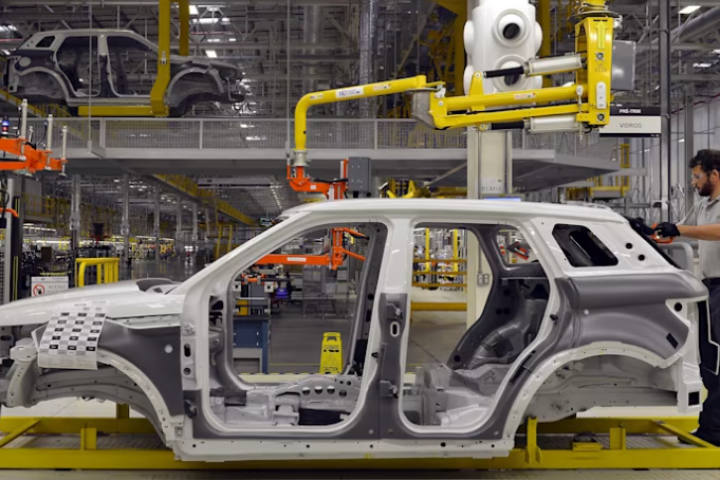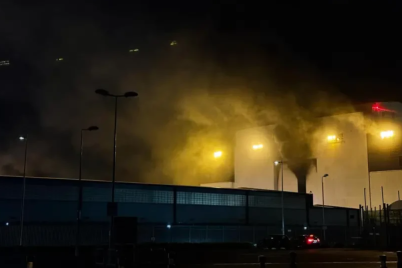Jaguar Land Rover (JLR) has confirmed that a major cyber attack has “severely disrupted” its production and sales, forcing the company to shut down its systems across global operations. The carmaker, which is owned by India’s Tata Motors, said it was “working at pace” to restore applications in a controlled manner.
The disruption was first felt at JLR’s Halewood plant in Merseyside, where workers were told not to attend shifts early on Monday morning, according to reports from the Liverpool Echo. The company has stressed that, at this stage, there is “currently no evidence” to suggest customer data has been stolen.
A spokesperson for Jaguar Land Rover stated: “JLR has been impacted by a cyber incident. We took immediate action to mitigate its impact by proactively shutting down our systems. We are now working at pace to restart our global applications in a controlled manner. At this stage there is no evidence any customer data has been stolen but our retail and production activities have been severely disrupted.”
The Jaguar Land Rover cyber attack follows a series of high-profile cybersecurity incidents affecting major UK companies in recent months. Retailers including Marks & Spencer, Harrods, and the Co-op have all experienced serious disruptions linked to cyber incidents, with some involving data breaches and attempted intrusions into core systems. The frequency and scale of these attacks highlight the increasingly sophisticated methods being used by cybercriminals to compromise businesses and disrupt their operations.
Industry experts have noted a sharp rise in ransomware and cyber attacks globally, with large organisations being prime targets due to the scale of their networks and the value of the data they hold. In the UK, the retail and automotive sectors have both been affected, with disruptions often leading to service delays, downtime, and loss of consumer confidence.
For Jaguar Land Rover, the attack compounds challenges the manufacturer is already facing. The company has been navigating the impact of US tariffs on the automotive sector and ongoing weakness in consumer confidence. Earlier this year, reports also suggested that JLR had delayed the launch of its electric Range Rover and Jaguar models, citing the need for more testing and the expectation of stronger demand before rolling out its flagship vehicles.
Despite these setbacks, the manufacturer remains focused on recovery. In line with its response to the cyber incident, Jaguar Land Rover has emphasised that its priority is to restore operations securely and efficiently, while safeguarding customer trust. The company has also underlined that investigations into the incident are ongoing and that all necessary steps are being taken to ensure a safe return to full capacity.
The Jaguar Land Rover cyber attack is the latest reminder of how exposed even the largest organisations can be to digital threats. As UK businesses continue to adapt to an evolving cybersecurity landscape, resilience and rapid response will remain critical in mitigating the impact of future incidents. For JLR, the immediate challenge is to bring its disrupted production and retail activities back online while reassuring customers and stakeholders that their data remains secure.
















